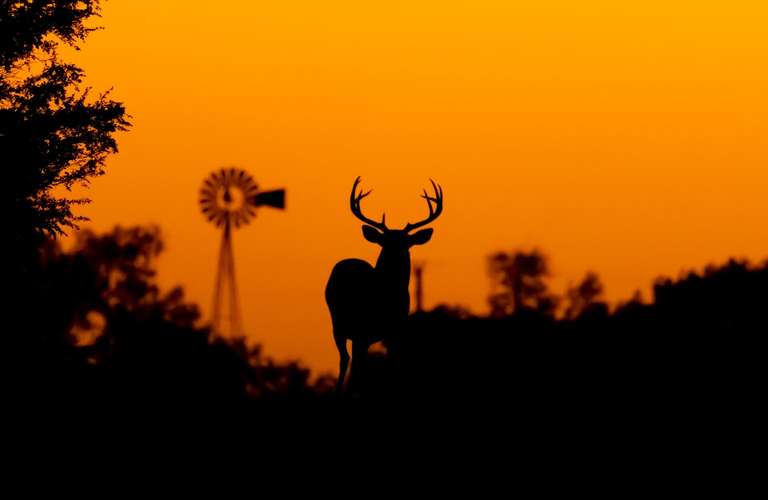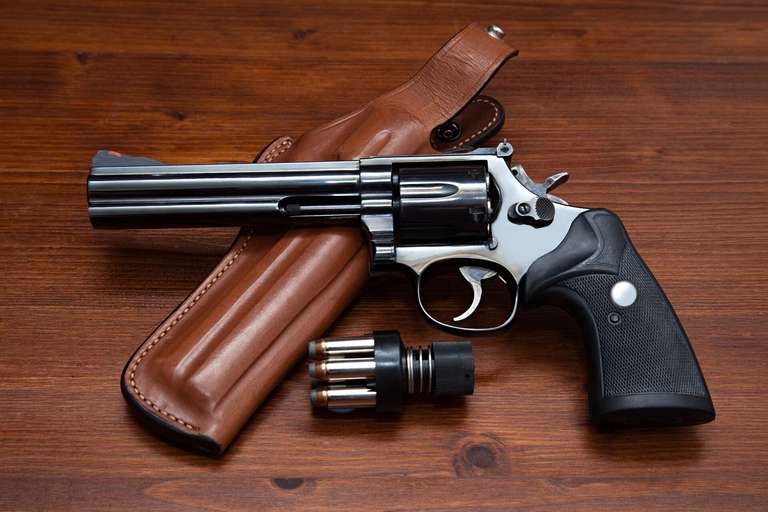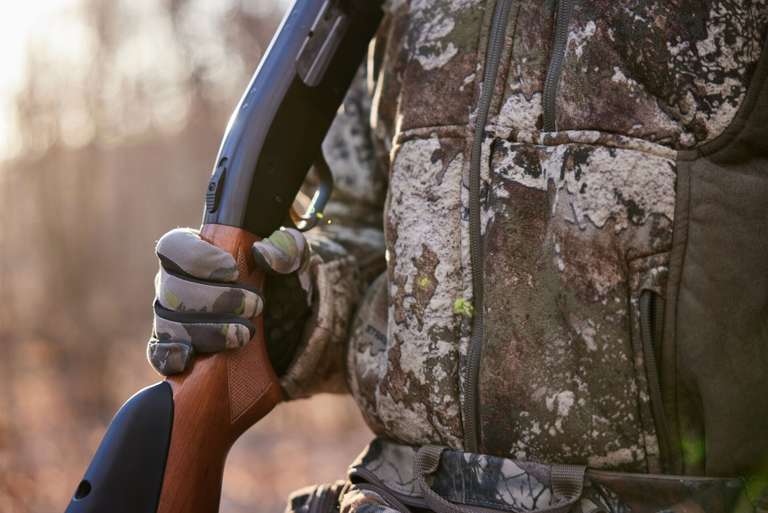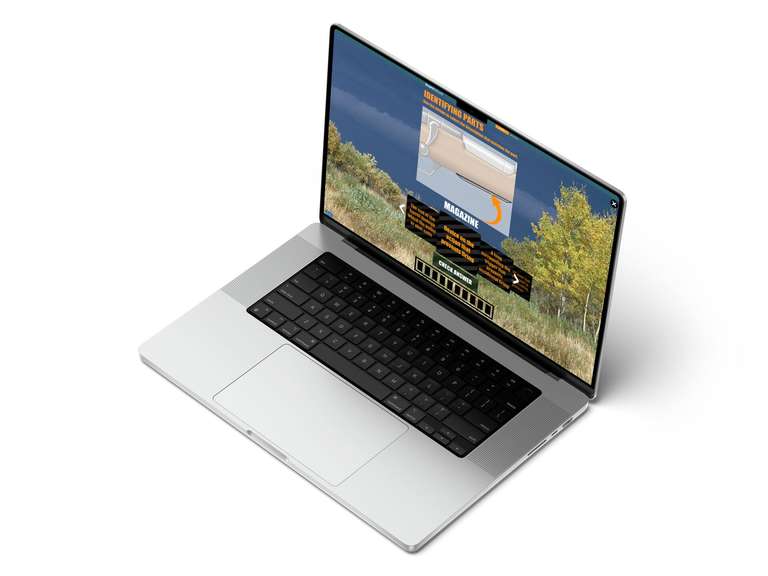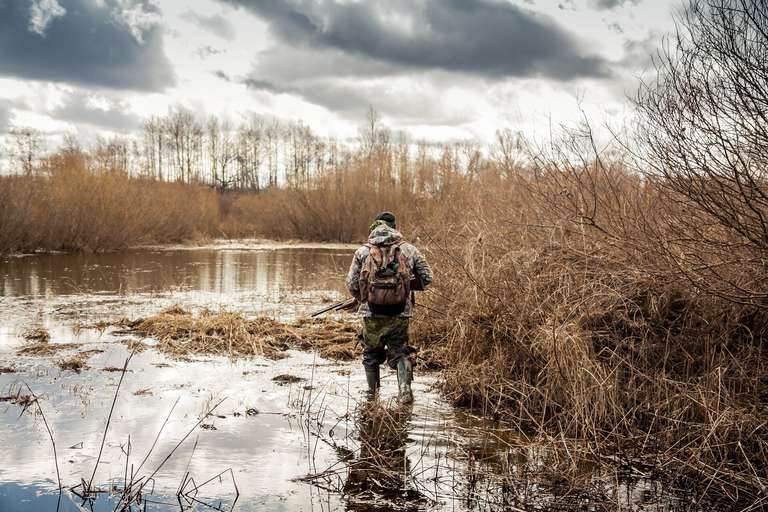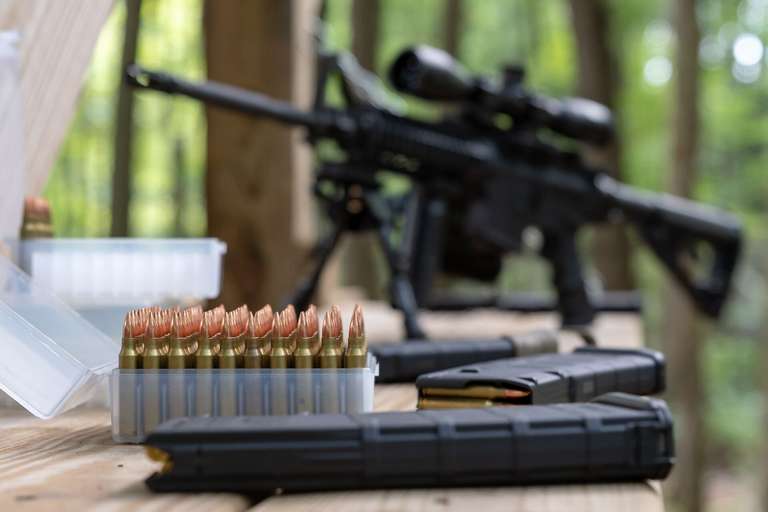Making a Hunting Plan: How to Prepare for Hunting Season
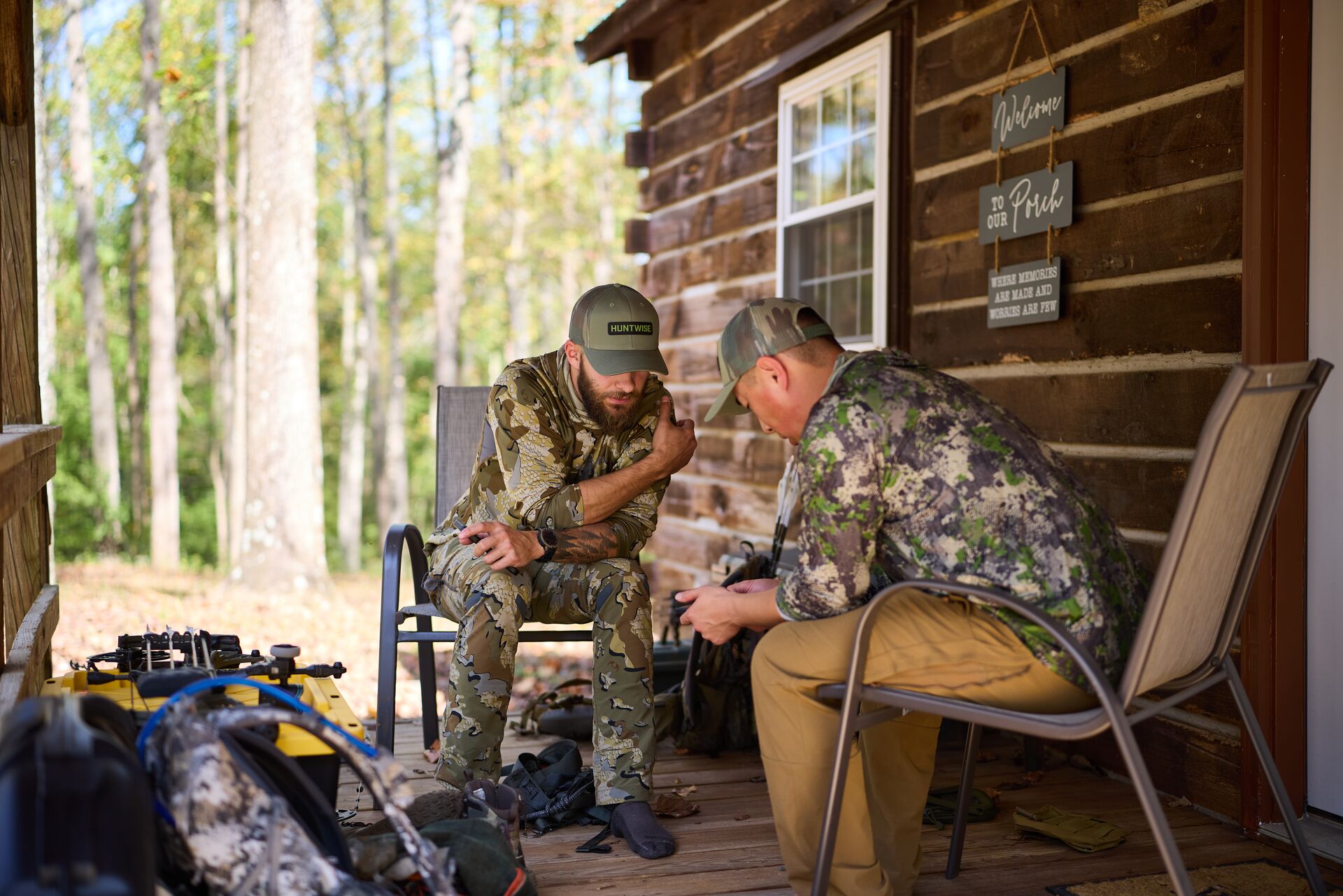
Even the best-prepared hunting plan may change once the hunt begins. Still, the planning process itself is crucial.
Whether you're preparing for your first whitetail hunt or going after caribou in Alaska, taking a hunting planner approach can help to increase your odds of having a successful harvest and a safe, ethical hunting experience.
What is a hunting plan, and how do you create one? We'll cover that today, so keep reading!
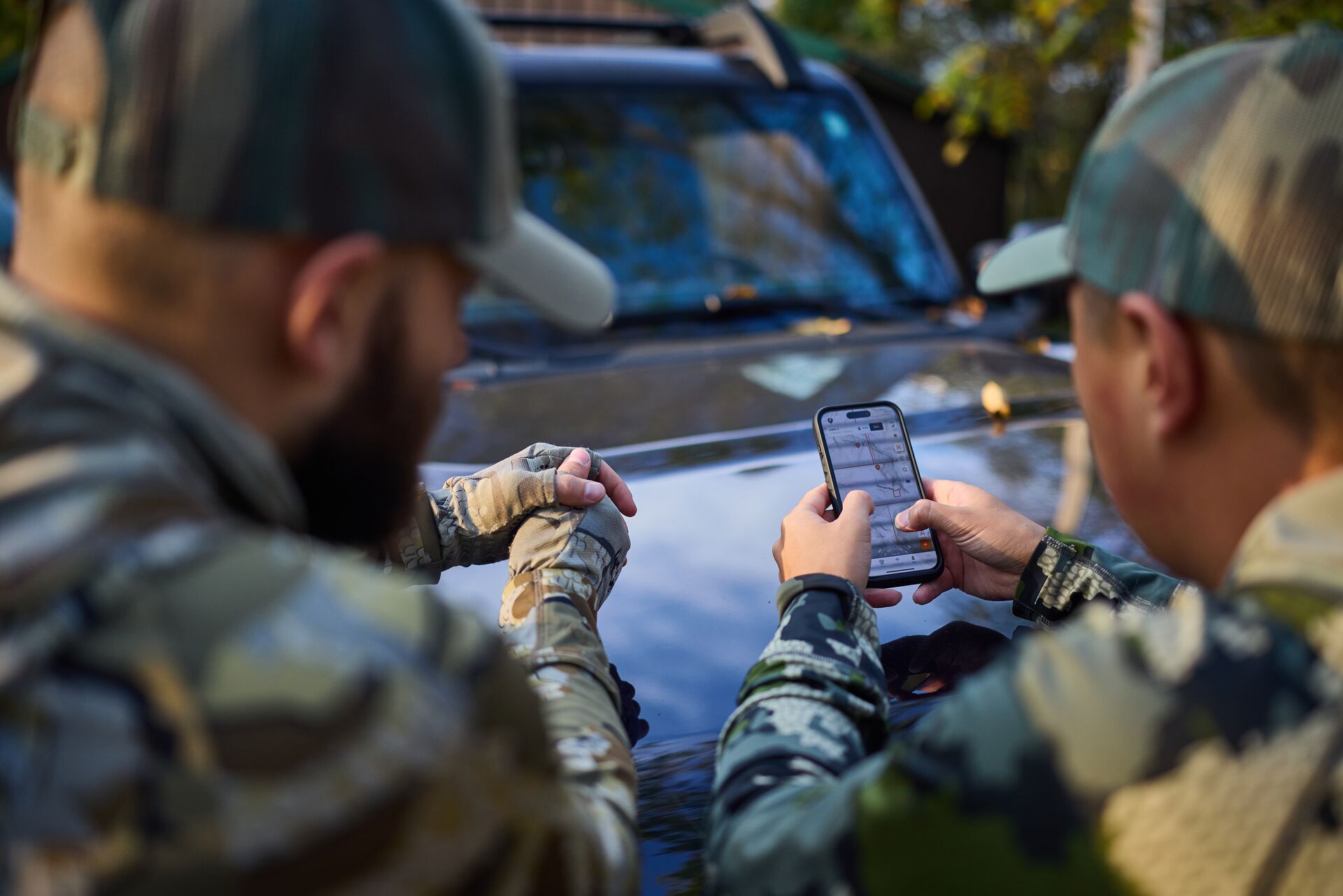
Why Is a Hunting Plan Important?
Whether you're new to hunting or a seasoned hunter, planning each hunt is crucial.
Creating a hunting plan involves more than making a list. It's a strategic process that helps you develop contingency plans, minimize stress, and reduce the chances of leaving critical gear behind.
One of the most important reasons to have a hunting plan is to share your location and expected return time with others, giving your friends and family peace of mind. A good plan can help with navigation if you've marked routes and landmarks ahead of time. If you become injured or lost during the hunt, your plan may be critical for rescue operations.
Proper planning also helps ensure compliance with land-use rules and permit requirements. Use your plan for hunting season preparation, since many states have different regulations for game units and hunting locations.
What Should Be Included in a Hunting Trip Plan?
Your hunt planner should support communication, troubleshooting, and rescue efforts. Be sure to include:
- A map with GPS coordinates of where you will park your vehicle, access points to the hunting area, and your planned route with anticipated glassing and hunting spots
- A communications schedule, including an outline of when you'll check in throughout the hunt and the dates and times of your departure and expected return
- List of hunting partners with their contact information, as well as their emergency contacts
- Phone numbers and locations of the nearest local law enforcement agencies, hospitals, and emergency services providers
- The animal you're pursuing and the hunting method you'll use to help others understand and anticipate your expected locations
- The first aid, survival, and communications gear you will be carrying with you, as well as what you may have in your vehicle
- Contingency plans for delays, weather changes, or injuries
By being a proactive hunting planner, you can help your contacts know what to do in the event of poor cell phone service, unexpected weather, or a long tracking job.
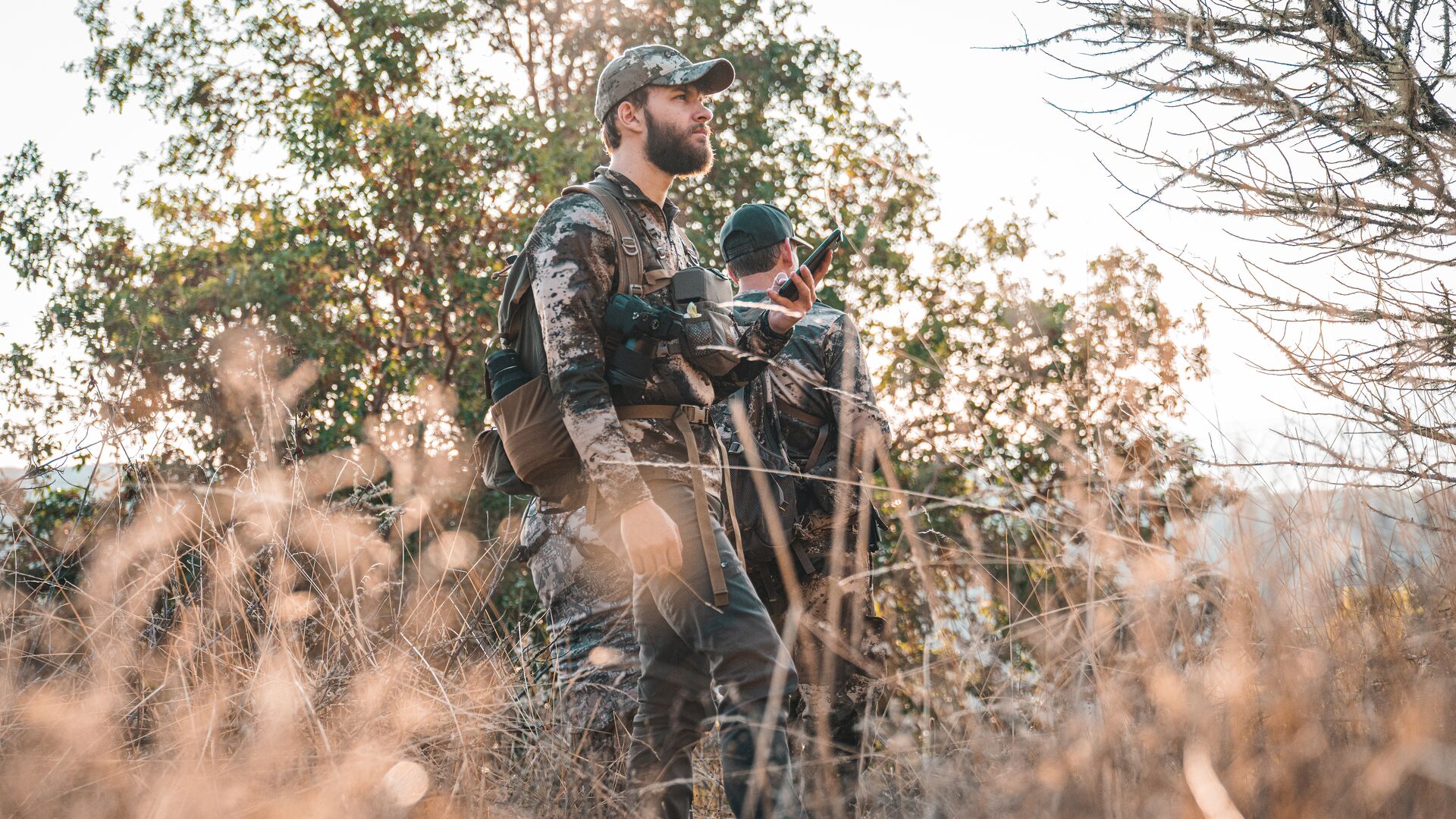
How Do You Mentally and Physically Prepare for Hunting Season?
In addition to creating a hunting plan, consider your physical fitness and mental preparation as you prepare to hunt.
Follow a well-balanced hunting workout program that builds muscular strength, cardiovascular endurance, and mobility. Your core and legs will need to handle rugged terrain and long hikes (with hopefully heavy packouts).
You should also practice shooting regularly with your preferred weapon to build confidence in your ability to hit targets with precision in various conditions and positions.
Use your pre- and post-season time to study animal behavior, hone your tracking skills, and practice camping, backpacking, fire starting, and emergency shelter planning. Visualize your hunts so you can rehearse when to take shots and, more importantly, when not to take a shot.
This kind of practice can help you maintain patience and composure at critical moments.
What Should I Do a Month Before Hunting Season?
One month out from the season opener, review your preparations, skills, and equipment with the following steps:
- Complete a state-certified hunter education course (if you haven't already taken one).
- Confirm you have all required licenses, tags, and permits.
- Scout your planned hunting area to familiarize yourself with the terrain and animal movements.
- Inspect gear and weapons to ensure they're in working order.
- Practice shooting in realistic conditions while wearing your hunting clothing and pack.
- Double-check regulations, bag limits, possession limits, and any reporting requirements (such as Chronic Wasting Disease, migratory bird bands, and upland bird wings) for your area and the species you're hunting.
You'll also want to begin or continue physical conditioning to stay in the field and cover the necessary ground.
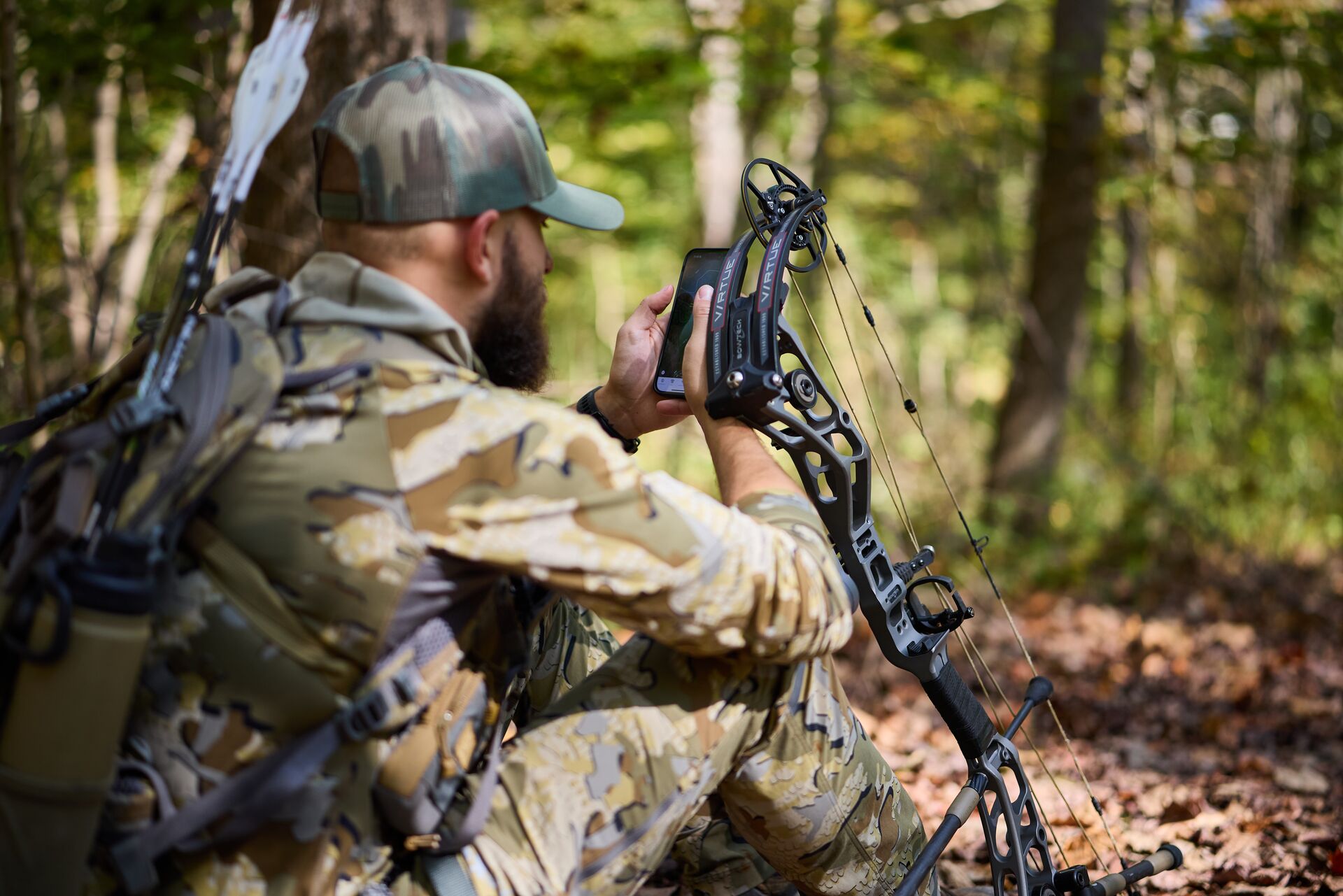
How Do I Choose a Hunting Location?
For the modern hunter armed with the latest mapping technology, state game forecasts, and online resources, finding a hunting spot should be easy. However, information overload can make finding a suitable hunting location challenging. A systematic hunting plan can simplify this process.
Start by visiting your state's fish and game website. Many provide outstanding resources on game populations, habitat maps, and even recommended hunting strategies for each species.
Next, complete a map study. Use a combination of online maps and apps, such as HuntWise, to identify land ownership, access points, and terrain features, as well as potential bedding and feeding areas.
Once you have a handful of prospective hunting spots, lace up your boots and start scouting. When you're in the field, look for fresh signs, such as tracks, scat, and well-used game trails. Note important terrain features that can help you finalize your hunting plan for glassing and blind locations.
After you've completed your preliminary scouting trips, talk to local hunters, guides, and your state's game biologists for additional insights on the area.
Key Preparations for Your Hunt
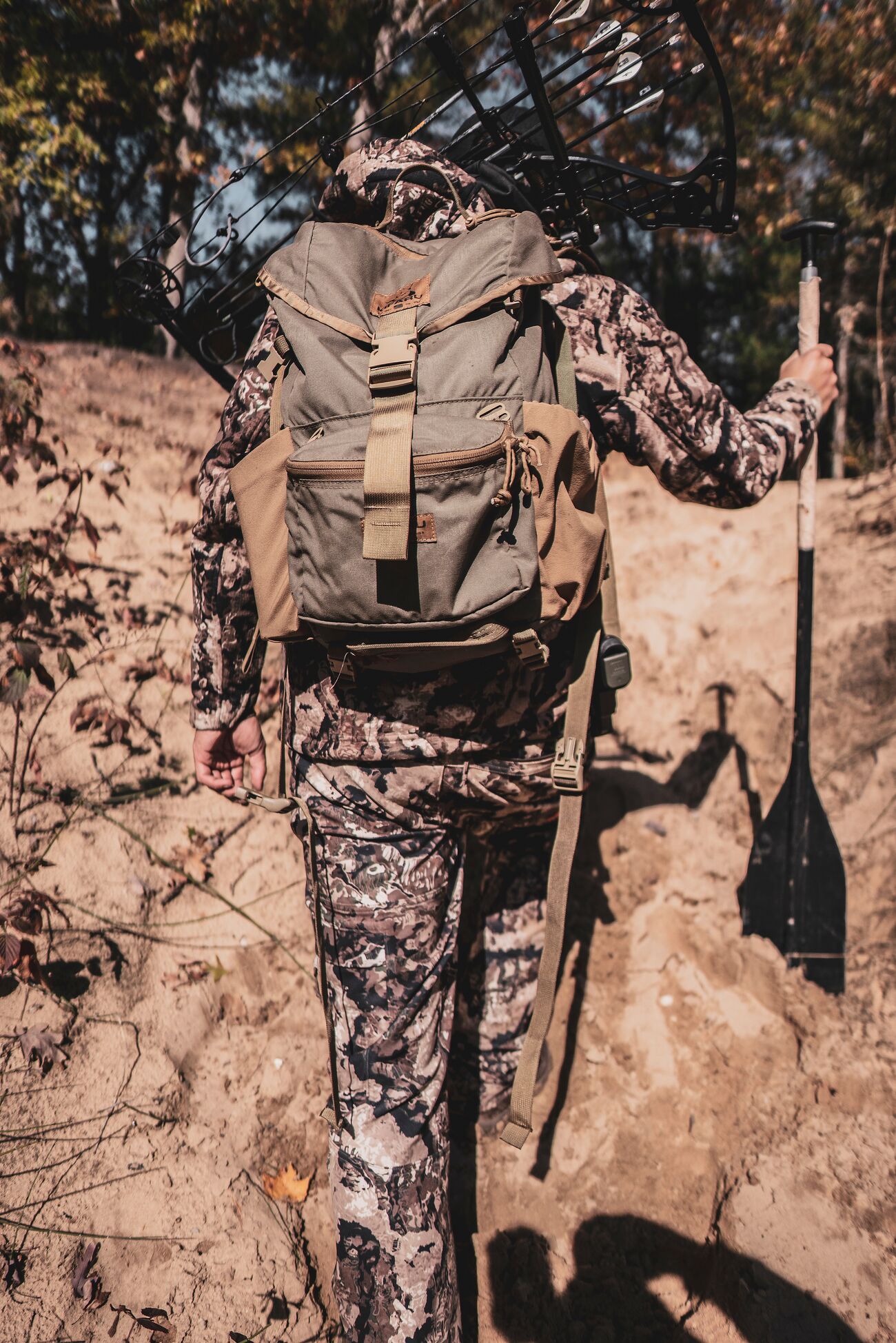
As a final step in hunting season preparation, review this streamlined checklist to complete your hunting planner:
- Research your target species' preferred habitat, feeding and movement patterns, and seasonal behaviors.
- Complete location scouting to understand where the animals might be.
- Confirm state and local regulations for the season to include legal hunting methods, limits, and any new restrictions.
- Prep your gear, including your vehicle, so everything is inspected and functional.
- Share your hunting plan to include locations, partners, expected return time, and emergency contacts.
- Develop a contingency plan to address safety and survival concerns related to navigation, first aid, and weather changes.
Your hunt can be a rewarding and safe adventure. By taking necessary precautions, doing research in advance, and communicating your hunting plan, you can be well-equipped for an exciting experience.
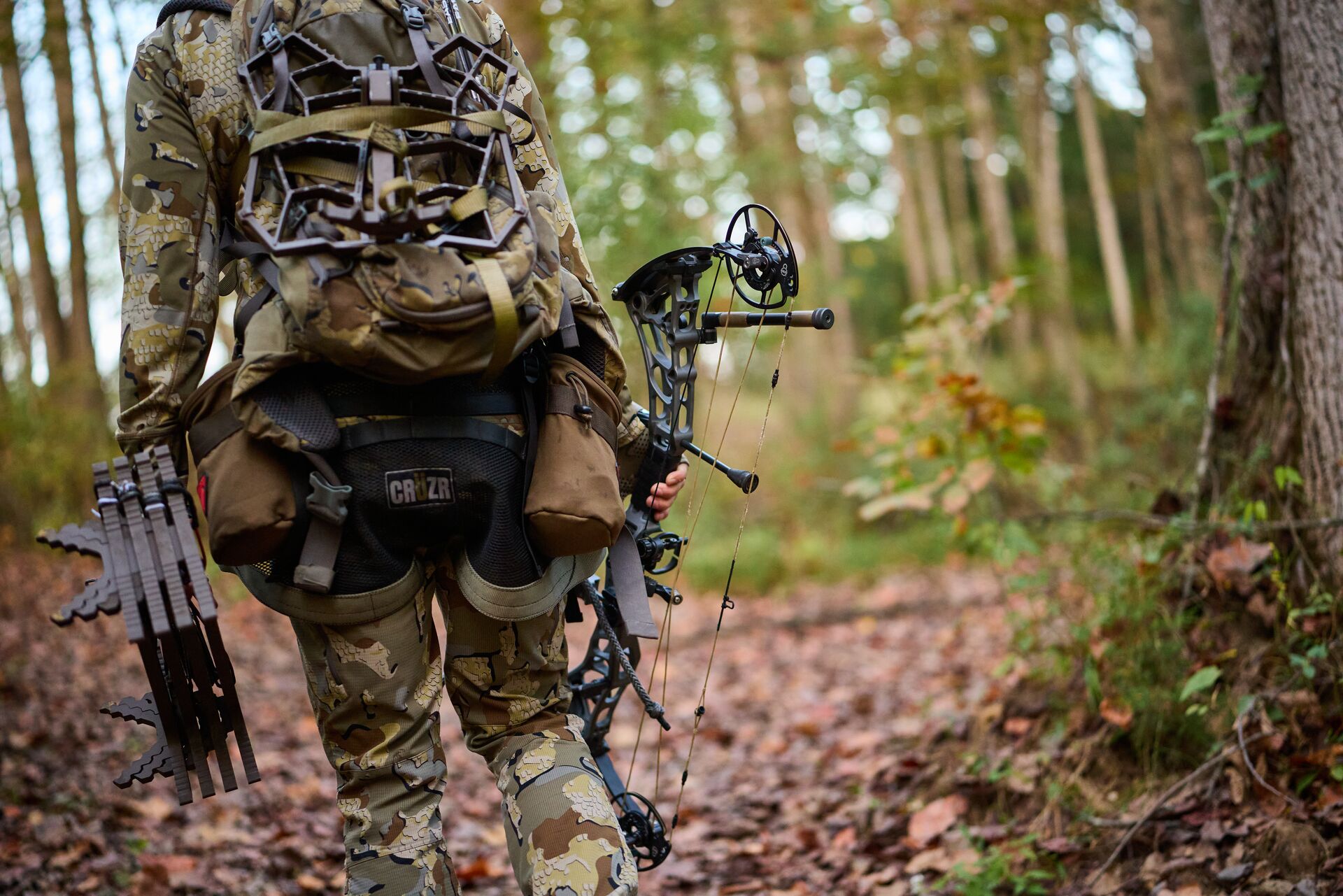
Your Hunting Season Preparation Includes a Hunter Safety Course
Researching and preparing a thorough hunting plan can transform your hunt and improve your chances for safety and success. Use the tips we provided today to become a proficient hunting planner for every hunt!
Before finalizing your plan, make sure you've also prioritized safety. If you haven't done it yet, complete a comprehensive, state-specific hunter safety course through ilearntohunt. Our fun, interactive, and state-specific courses help you learn the essential fundamentals of fieldcraft, animal behavior, weapons handling, game processing, and safety protocols to help you enjoy a rewarding hunting experience.
If you plan to hunt soon, make sure you've taken the ilearntohunt course for your state (so you're ready for opening day)!
Frequently Asked Questions (FAQs)
We have answers to your questions about creating a hunting planner.
Q: What should be included in a hunting trip plan?
A: A thorough hunting plan includes researched game species, scouted locations, checked seasons and regulations, a gear checklist, a written hunt plan shared with someone, safety plans, post-hunt check-in, and game processing steps.
Q: What should I do a month before hunting season?
A: Make sure you have your hunter safety certification, confirm licenses and tags, check and sight in your firearm or bow, scout your hunting area, review regulations, prepare gear, practice shooting, and plan your travel and lodging.
Q: How do I choose a hunting location?
A: Research where your target species is abundant, review maps and access points, consider terrain and visibility, check local regulations, and scout the area for signs of wildlife activity.
Q: Why is a hunting plan important?
A: A hunting plan ensures safety, helps others know your location and return time, keeps you organized, and increases your chances of a successful and responsible hunt.
Make sure you've taken the ilearntohunt course for your state (so you're ready for opening day)!

